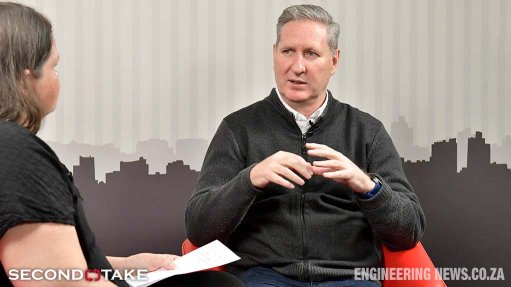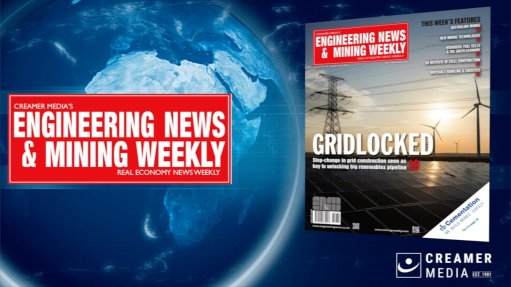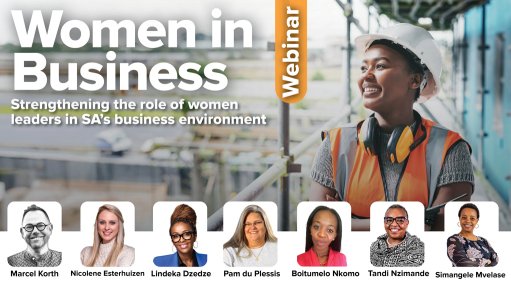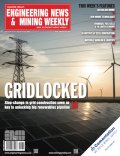Mental health challenges present significant risks

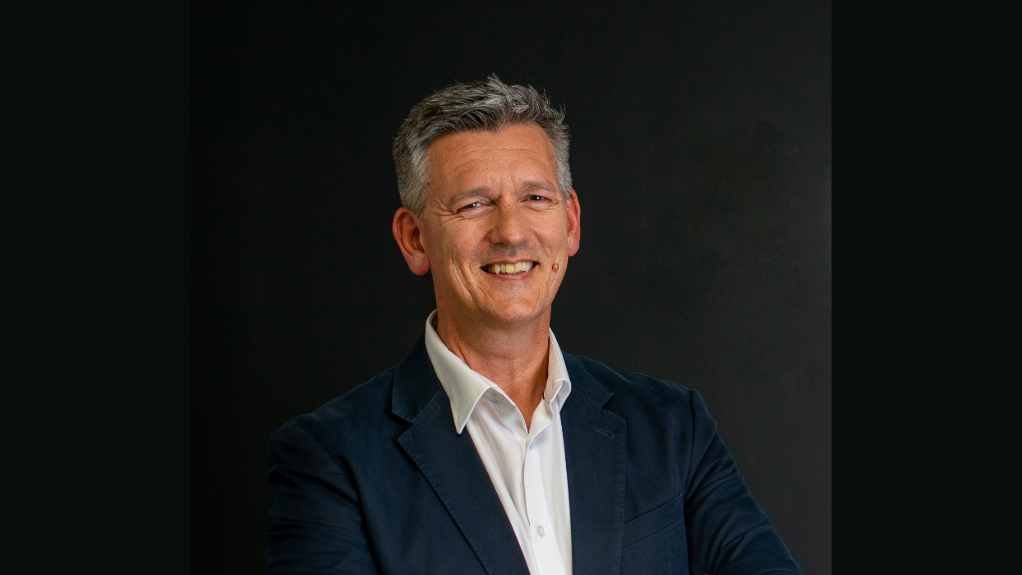
ARJEN DE BRUIN With effective training, better tools and sustained leadership, mental health challenges can be tackled
In African mining, mental health challenges pose significant risks to productivity and safety, though business management consultancy OIM Consulting group CEO Arjen De Bruin identifies a positive trajectory in African mining, as there is a growing desire for improvement within mining communities and a commitment to improve conditions that affect mental health by global mining companies.
He stresses that human resources issues such as absenteeism, low morale and an increased frequency of accidents emerge among stressed workforces in any sector, mining included.
With effective training, better tools and sustained leadership, De Bruin believes that mental health challenges can be tackled, though he emphasises that shifting mindsets will take time.
Mental health issues are driven by factors such as long working hours, separation from family and inconsistent leadership from expatriate managers at African mining operations, often creating a cycle of decreased product- ivity and increased pressure, he adds.
De Bruin points out that while these mental health challenges are not exclusive to Africa, the mining sector’s tendency to rely on expatriate managers brings its own challenges, such as language barriers, transient leadership and a lack of consistency, which can hinder productivity at mines in Africa, where cultures vary.
In addition, many African miners may not have the formal educational foundations comparable to other regions, which affects technical understanding and adaptation to operational demands.
Cultural attitudes also impact safety in mining, he adds, noting that in many African settings, leaders often feel they must appear invulnerable, leading to poor communication and decision-making that is driven more by ego than rational judgment.
Therefore, De Bruin emphasises that African leaders must cultivate a safety mindset that fosters accountability and encourages both compliance and active participation. For OIM, this means training leaders to take a balanced approach, focusing on rules as well as team ownership, to embed a sustainable safety culture.
Psychological safety – where employees feel free to voice concerns without fear of retribution – is also vital, and building this environment, according to De Bruin, starts at the supervisory level of management.
Supervisors gain trust through open discussions, authentic feedback and fostering a team-first mindset, he explains.
“Leaders must earn trust to create an environment where team members feel comfortable sharing issues,” states De Bruin, highlighting that trust and open communication can significantly reduce workplace risks.
Risk Aversion
OIM’s approach to managing safety and mental health in mining includes using its Risk Propensity Matrix to assess behaviours that influence risk-taking tendencies among mining employees.
OIM’s data, informed by research from North West University, categorises miners on a scale measuring the tendency to be risk-averse or risk-taking, with findings revealing that 43% of miners tend to be consistently risk-averse, 24% are erratically risk-averse and smaller percentages demonstrate more risk-taking behaviours.
For instance, erratic risk-takers might take calculated risks, while consistent risk-takers may disregard safety norms to pursue gains.
De Bruin notes that OIM’s coaching strategy is to help supervisors identify and mitigate these behaviours.
By embedding supervisors as safety leaders, OIM addresses high-risk behaviour directly, points out De Bruin, adding that supervisors are trained to lead with accountability, moving away from autocratic methods toward inclusive team discussions.
In this way, mining teams can align on values through a “team code of conduct” that each member commits toward, ensuring a structured, safety-conscious environment, where planned work reduces impulsive and potentially harmful behaviours, he explains.
Supervisors are also integral in bridging the gap between the workplace and community environments, where violence and instability may be normalised.
According to De Bruin, this cultural reality shapes miners’ perceptions of safety and risk, necessitating a mindset shift to view preventable harm as abnormal. This reframing, he states, is essential to counteracting a desensitised approach to danger.
In addition, daily meetings play a pivotal role in creating both psychological and physical safety, providing a space where team members can discuss challenges openly.
In this regard, structured meetings help foster trust, offer problem-solving opportunities and ensure clear goals, with such routines becoming a critical part of promoting a safety-focused culture across diverse teams.
However, addressing mental health in African mining requires proactive leadership, emphasises De Bruin.
He explains that toxic work environments stem from poor leadership, where values are neglected and safety is secondary to production. Leaders set the tone for company culture, making it essential for them to “live the values” they promote, he says.
OIM’s experience shows that a values-driven environment improves engagement, reduces stress and boosts productivity, he concludes.
Comments
Press Office
Announcements
What's On
Subscribe to improve your user experience...
Option 1 (equivalent of R125 a month):
Receive a weekly copy of Creamer Media's Engineering News & Mining Weekly magazine
(print copy for those in South Africa and e-magazine for those outside of South Africa)
Receive daily email newsletters
Access to full search results
Access archive of magazine back copies
Access to Projects in Progress
Access to ONE Research Report of your choice in PDF format
Option 2 (equivalent of R375 a month):
All benefits from Option 1
PLUS
Access to Creamer Media's Research Channel Africa for ALL Research Reports, in PDF format, on various industrial and mining sectors
including Electricity; Water; Energy Transition; Hydrogen; Roads, Rail and Ports; Coal; Gold; Platinum; Battery Metals; etc.
Already a subscriber?
Forgotten your password?
Receive weekly copy of Creamer Media's Engineering News & Mining Weekly magazine (print copy for those in South Africa and e-magazine for those outside of South Africa)
➕
Recieve daily email newsletters
➕
Access to full search results
➕
Access archive of magazine back copies
➕
Access to Projects in Progress
➕
Access to ONE Research Report of your choice in PDF format
RESEARCH CHANNEL AFRICA
R4500 (equivalent of R375 a month)
SUBSCRIBEAll benefits from Option 1
➕
Access to Creamer Media's Research Channel Africa for ALL Research Reports on various industrial and mining sectors, in PDF format, including on:
Electricity
➕
Water
➕
Energy Transition
➕
Hydrogen
➕
Roads, Rail and Ports
➕
Coal
➕
Gold
➕
Platinum
➕
Battery Metals
➕
etc.
Receive all benefits from Option 1 or Option 2 delivered to numerous people at your company
➕
Multiple User names and Passwords for simultaneous log-ins
➕
Intranet integration access to all in your organisation










